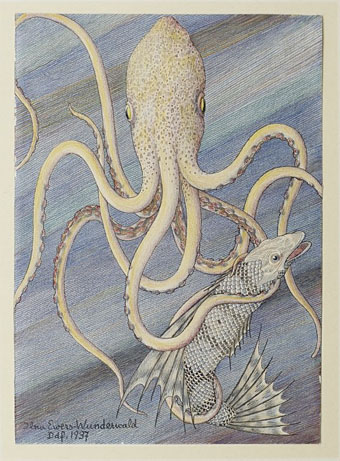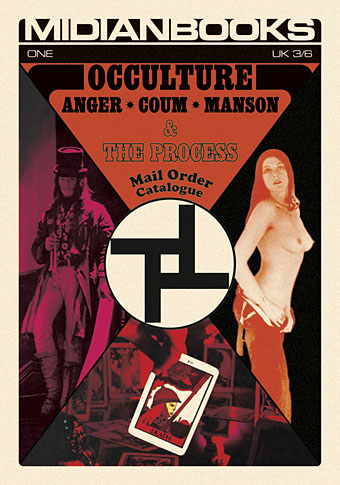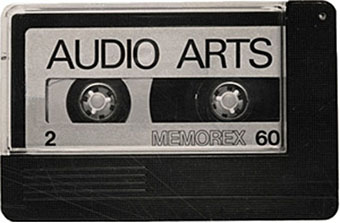Octopus and Pike (1937) by Ilna Ewers-Wunderwald.
• At Expanding Mind: writer and avant-garde publisher Tosh Berman talks with Erik Davis growing up in postwar California, hipster sexism, the hippie horrors of Topanga canyon, his impressions of family friends like Cameron and Brian Jones, and his charming new memoir Tosh, about growing up with his father, the remarkable underground California artist Wallace Berman.
• At Haute Macabre: A Sentiment of Spirits: Conversations with Handsome Devils Puppets.
• “We felt a huge responsibility.” Behind the landmark Apollo 11 documentary.
Jarman’s work was a statement that conservatism did not, or at least should not, define the perception of Britishness. His vision extended all of the way back to the likes of William Blake, John Dee and Gerard Winstanley, the radicals, mystics and outcasts of English history. His era, on the other hand, looked inwards and pessimistically so. The outward world was solely a free market. Our projected national identity was little else but the retread of colonial fantasies, a faux benevolence to the world that handily discarded the violence and tyranny that built it. Jarman saw through this imaginary landscape, often skewering it in his films.
Adam Scovell on the much-missed radicalism of Derek Jarman
• Director Nicolas Winding Refn: “Film is not an art-form any more.”
• Mix of the week: Secret Thirteen Mix 281 by Blakk Harbor.
• At Greydogtales: Hope Hodgson and the Haunted Ear.
• Hans Prinzhorn’s Artistry of the Mentally Ill (1922).
• Michael Rother‘s favourite albums.
• Puppet Theatre (1984) by Thomas Dolby | Puppet Motel (1994) by Laurie Anderson | Maybe You’re My Puppet (2002) by Cliff Martinez





